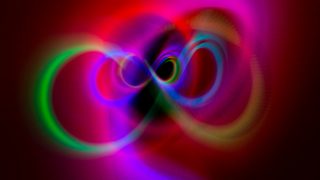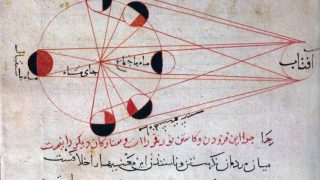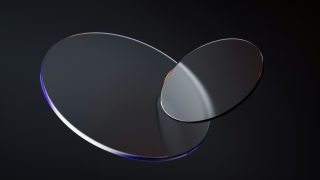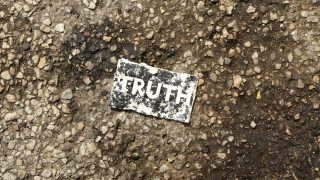
Wittgensteining the continuum (& 2): Is the continuum petrified?
I finished my last entry expressing my perplexity by the ‘solution’ mathematicians offered six decades ago to the problem of the continuum : Cohen’s theorem according to which both the assumption that there is some set (say, C) larger than the set of natural numbers but smaller than the set of real numbers, and the […]








